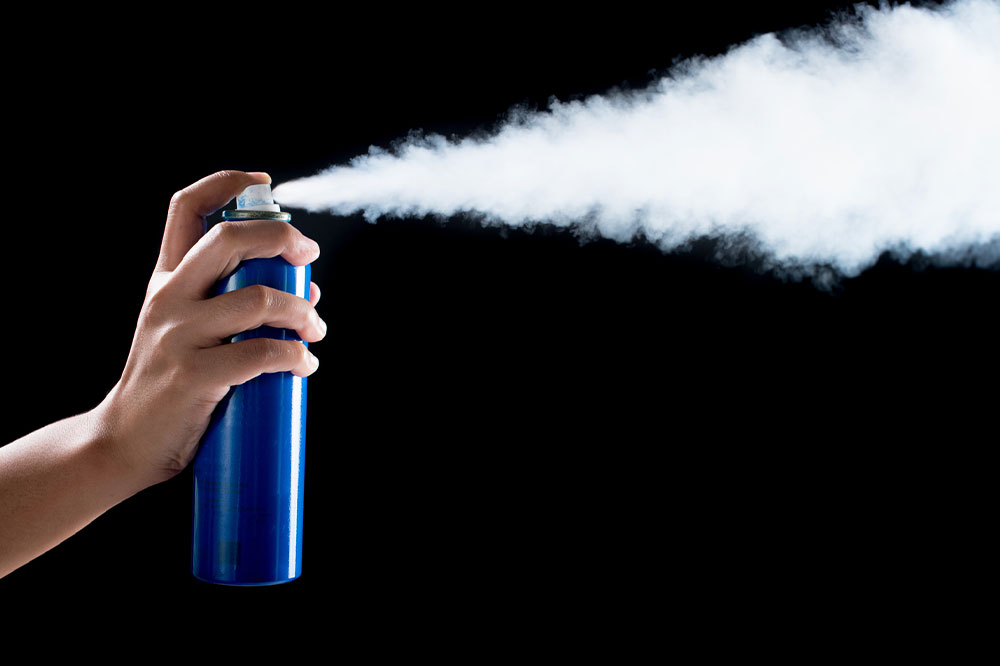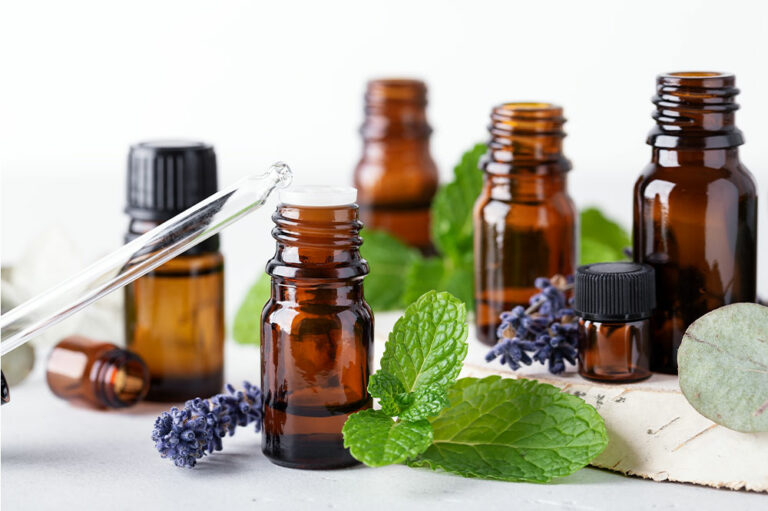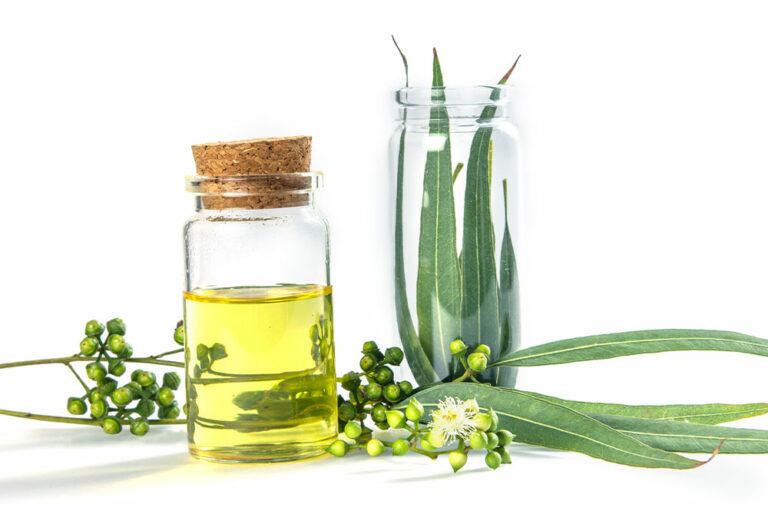
Common Household Products That Can Damage Lungs
Long-term exposure to daily-use cleaners, dishwashing soaps, air fresheners, and other aerosol products harms lung health, mainly because these products contain irritants and volatile organic compounds that cause allergies in the lungs. There is a potential risk of lung disease, asthma, MAC disease, and common chronic obstructive pulmonary disease developing due to long-term exposure. So, it’s crucial to check the label of the following household items before buying them and practice caution while using them.
Air fresheners
Room and air fresheners are not just used in homes but also in offices, malls, and many other public places, which means one can be continually exposed to the product in and outside their living space. While the purpose of air fresheners is to keep odor at bay, several ingredients in the air freshener can cause harm to health. Fresheners are known to have volatile organic compounds and release harmful gasses in the air that are eventually inhaled by people in the room, increasing their risk of developing respiratory issues. Some of the known chemicals in such products include formaldehyde, benzene, and phthalates which can cause issues like coughing, wheezing, and difficulty in breathing when inhaled. Here is a list of ingredients that one will usually find in air fresheners and a look at how they can potentially harm the lungs:
Solvents: They contain chemicals like glycol and ethanol used for diluting the other ingredients in the air freshener can. When these chemicals are inhaled, they cause irritation in the lungs.
Aldehydes: This is a compound that develops with the natural chemical process taking place inside the bottle as the ingredients keep mixing together over time. This compound, when inhaled, can also be responsible for causing not just irritation but also cancer.
Propellants: The ingredient is responsible for creating the mist when an air freshener is sprayed. Propellants are hydrocarbons and, when mixed with other ingredients, can cause abnormal heartbeat in people.
Phthalates: These chemical compounds help in delivering the fragrance when the freshener is sprayed. They can affect the hormones of the body and can also cause cancer.
It is also important to note that many people may be allergic to the fragrance added to air fresheners. One can experience shortness of breath and lung-related complications as part of the allergic reaction to such products. So, those allergic to common freshener fragrances should avoid using or inhaling air fresheners.
Cleaning products
Common household cleaning supplies include detergents, floor cleaners, rug cleaners, oven cleaners, and aerosol sprays, among other similar products. While cleaners are essential in keeping the home dust-free, they are loaded with volatile organic compounds that could irritate the respiratory system. Cleaning supplies may also have long-term side effects and could worsen the symptoms of chronic obstructive pulmonary disease (COPD). The problem with most of these cleaners is that they contain excessive amounts of harsh chemicals like ammonia and bleach, which may not be heavily regulated. Overexposure to these chemicals can be extremely dangerous. A study looked at achieving an understanding of how these cleaning products affect lung health, and it showed that women who used these products regularly saw a rapid decline in their lung health as opposed to those who did not use such supplies frequently.
Insecticides
Pest control is a recurring service that most households and residential neighborhoods tend to undertake to prevent or eliminate any infestation. The process calls for spraying pesticides or insecticides to target the infestation. This is especially common for a household with pets, which may sometimes be prone to fleas or ticks. While one should undertake deep cleaning every couple of months and use the right insecticides or pesticides to keep living conditions pest-free and sanitized, it is important to know that the products available in the market today contain harsh chemicals that can be dangerous to humans in addition to pests. Studies conducted on smallholder farmers, who use pesticides frequently, suggested that continuous use of these pesticides led to lung impairment in the study group. If exposure to pesticides is inevitable and unlikely to stop, one should limit the frequency of use to prevent further damage.
Safer alternatives
One can swap harsh cleaning agents for everyday ingredients at home to keep the living spaces dust- and pest-free. So, here are a few at-home cleaning solutions that do not have an adverse effect on lung health:
Baking soda: This is a great remedy to keep the kitchen, including the oven, stainless steel utensils, and other appliances, clean, especially when one does not want to damage the surface using harsh chemicals. One can mix 4 parts of baking soda with a quart of warm water and use it as a spray. Alternatively, one may dip the kitchen sponge in the solution and then rub the sponge over counters, sinks, tiles, or appliances. A baking soda solution is a great hack to keep clogged pipes open, so one can add the ingredient to the drain as well.
Lemon vinegar solution: Another remedy to try is to combine some lemon rinds with one part water, one part white vinegar, and some rosemary sprigs. One can let them infuse overnight. The next day, the mixture can be transferred to a spray bottle and then used to clean wall smudges, hard water stains, and stubborn marks in the sink. One should be careful while using this solution for kitchen appliances, as some surface materials could be sensitive to vinegar.
One can even use baking soda to add some freshness to the laundry. To replace regular air fresheners, one can get some wooden sticks or chunks and add some drops of their favorite pure essential oils to these pieces. Then, the wooden pieces can be placed around the house, even in the bathroom, to let the fragrance spread naturally without using a spray.







